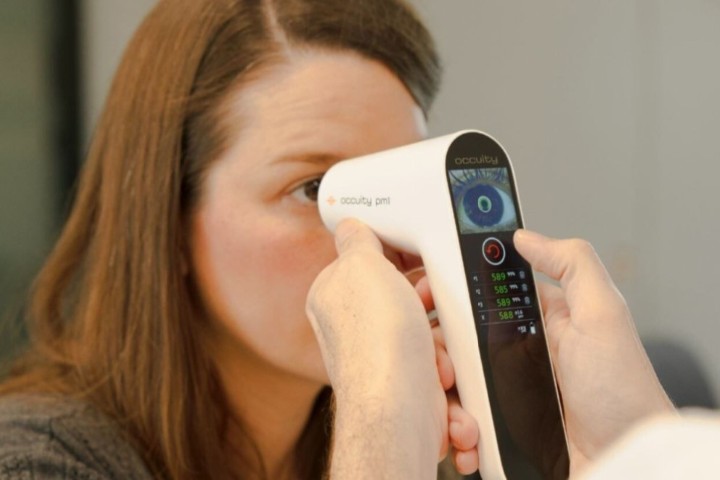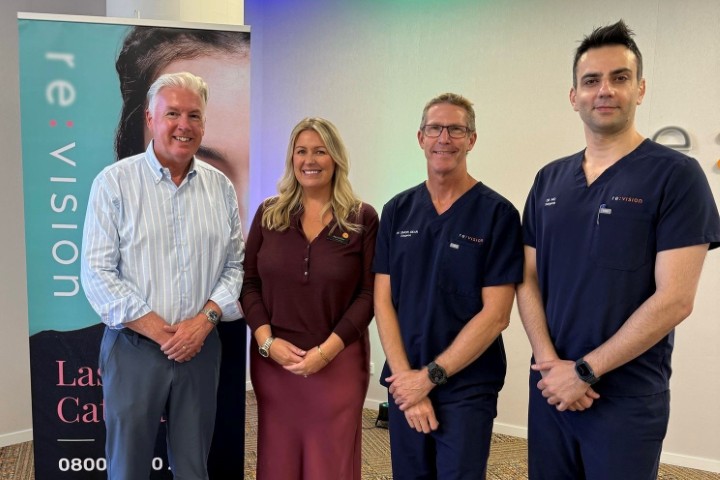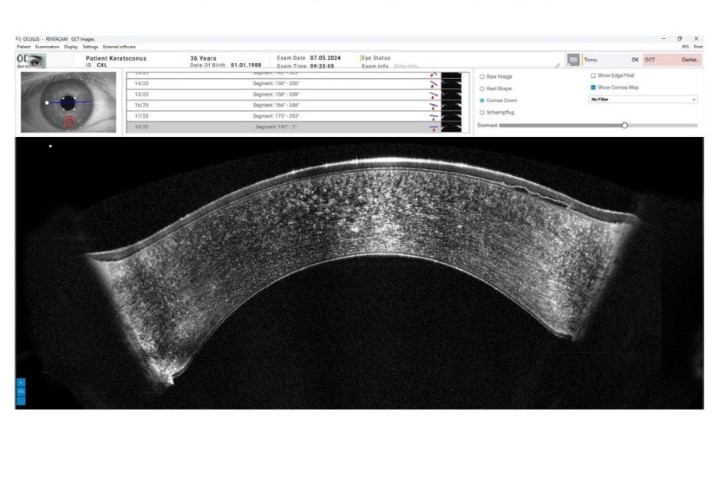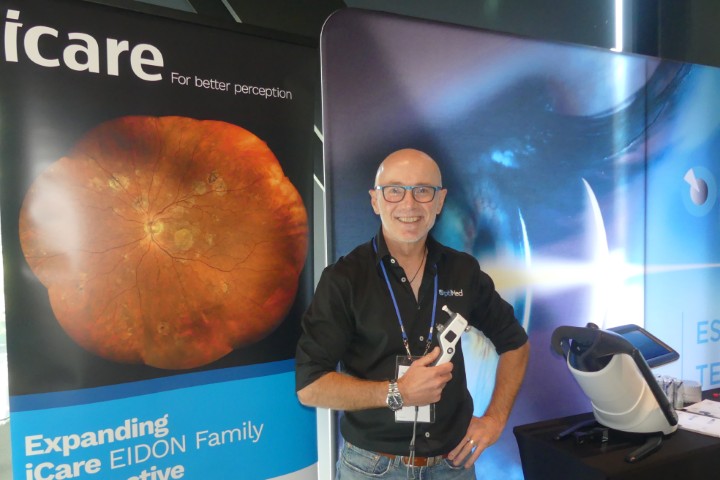Eating for eye health
Investing in your eye health is potentially one of the most important investments you can make. From having regular eye checks and monitoring any degeneration through to supporting you’re the health of your eyes with a diet full of fresh whole foods, there are many different ways you can support these amazing organs. We don’t get another shot at taking excellent care of our eyes!
Though a good, healthy diet is good for our whole bodies, including our eyes and our eye sight, there are certain vitamins and minerals that are particular good for eye health and, in part, can protect against and in some cases even help prevent diseases such as cataracts, glaucoma and age-related macular degeneration. Here’s just a few examples of the most important nutrients and foods that support optimal eye health.
Vitamin A and beta-carotene
Vitamin A has many functions, but when it comes to our eyes, it is critical for keeping the retina healthy. In many third-world countries, vitamin A deficiency is the leading cause of night-blindness - an inability to see at night or in dim light. Vitamin A is also sometimes used in the treatment of hereditary retina deformities and has been shown in some studies to slow the progression of retinal disorders. Sufferers can take supplements, but we can all keep up our vitamin A intake by eating lots of coloured vegetables and fruit, high in carotenoids, such as beta-carotene and alpha-carotene, which our bodies convert into vitamin A. Hence, why carrots are often cited for being good at helping us see at night.
Carotenoids are also good antioxidants, considered by many eye care professionals to be extremely important for eye health. Research indicates beta-carotene may also play a role in cataract prevention. Foods rich in beta-carotene include carrot, sweet potato, kale, spinach, papaya, capsicum and pumpkin to name a few, and these foods are a wonderful inclusion in your diet for a number of other health benefits as well.
Zinc
Zinc deficiency is associated with functional impairments in various parts of the eye. Zinc is needed for the conversion of retinol (a form of vitamin A) into retinal, which is required for night vision. Zinc is also needed to deliver vitamin A to the eyes and it works with vitamin C to protect the eyes against oxidative damage. Zinc is found in oysters from clean waters, red meat, eggs, sunflower seeds and pumpkin seeds, however too many people these days aren’t obtaining enough from their food. Supplementation of this mineral is therefore, sometimes beneficial.
Top foods for eye health
Kale, eggs - Leafy green vegetables like kale are superstars for eye health as they’re a good source of lutein and zeaxanthin, two antioxidants known to support healthy eye function. Evidence suggests that people with diets high in lutein are up to 23% less likely to develop cataracts than those whose diets are low in this nutrient. If kale isn’t your thing, simply choose other dark leafy green vegetables, like spinach or silverbeet as they’re also good sources of lutein and zeaxanthin. Eggs are another great source.
Salmon, sardines - Evidence shows diets rich in omega-3 fatty acids from fresh, cold-water fish like salmon and sardines, reduce the risk of developing eye disease later in life. If your diet is vegetarian or vegan be sure to include plant sources of omega-3 fatty acids such as linseeds, flaxseeds, walnuts, pecans or chia seeds.
Citrus fruits - Citrus fruits are a wonderful source of vitamin C, an antioxidant that is critical to eye health. Oranges, lemons, grapefruit and mandarins are all delicious additions to the diet with many other benefits to your health.
*Libby Weaver (PhD) is one of Australia’s leading nutritional biochemists, an international speaker, media personality, founder of the plant-based supplement range, Bio Blends, and a well-known author, having sold more than 300,000 books in New Zealand and Australia.























